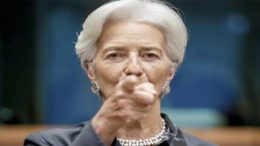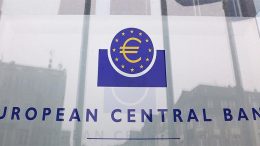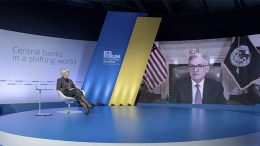Ban On Bank Dividends: A Strange Remedy With Severe Side Effects
Scander Bentchikou (Lazard Frères Gestion) | The restrictions on bank dividends, which have been in force since March 2020, ended on Friday. For banks and their shareholders, this is a relief. The measure, supposed to protect banks from the crisis, has done more harm than good. Technically, the banking sector’s dividends made a big comeback in spring 2021. However, the amounts paid remained well below their 2019 levels, given the still numerous restrictions. The return to normal will have to wait for the results of the banking stress tests, published on 31 July by the European Banking Authority.









